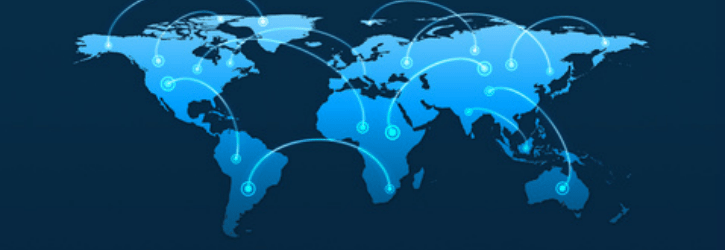
Sign-up to a data breach claim today - use our quick and easy form to begin your claim for thousands of pounds in compensation.
One of the worst cyber-attacks this year!
The U.K. was subject to a horrific mass cyber-attack in May 2017 that ground several health providers to a halt.
Chaos and frenzied panic set in when GP surgeries and hospital screens were locked with a ransom demand. Hackers had managed to infiltrate network systems with malicious ransomware, preventing access to records unless the user paid $300 (£240) worth of Bitcoins into a provided account.
Around 40 NHS hospitals and health providers were affected by the breach across the U.K. In a bid to protect servers, staff were instructed to shut down computers and phone lines. Non-emergency operations and appointments were cancelled. Unable to treat emergency patients without reviewing their medical records, some hospitals closed their A&E services, advising patients to call 111 or 999 to be redirected.
Over the weekend, the attack was recognised as using the same tools that were allegedly stolen from the U.S.’ National Security Agency (NSA). The software was reportedly developed by the NSA but was stolen by a group of hackers called the Shadow Brokers. Angered by Donald Trump’s Presidency, they released the tools into the public domain in April. Whilst it was thought to be an attack just on the NHS, the malware was identified in Italy and Germany; hours later it was worldwide. Cyber-security company Avast identified 75,000 cases of the malware across 99 countries.
Russia was apparently the worst affected by the malware, with reports of infections in banks, health ministries, railways and even phone companies. Whilst around 1,000 computers were affected, Russia was keen to ensure no sensitive data was stolen.
France, Portugal, U.S and Sweden are all thought to have been targeted at different levels. The malware, deftly called Wannacry, infects devices using a digital worm. This is a program that ‘worms’ its way into devices and looks for other weak devices to get into. Some cyber-security experts have said that the worm was programmed to target Microsoft systems.
When the time comes for a system update, we’ve all been there. We look at our device and think “is this really necessary? It takes so long.” Well it turns out these updates exist for a reason. As digital software improves, so does the security. Older operating systems like Windows XP, Windows 8 and Windows Server 2003 have been left behind along with their security. The NHS still uses the outdated Windows XP as their main server but Microsoft had mainly abandoned it to focus on new versions. Worms could easily be able to recognise the vulnerability of these running programmes and infect as many devices as possible. Whilst it is understood that users like hospitals may choose to stick with older servers as they are customised with software for specific needs, it is worth the cost and effort to upgrade against the risk of a cyber-attack like this.
Ironically, at the time of the data breach, finance ministers from the richest countries all over the world were getting together to discuss the biggest threat to global finance: cyber-attacks. If anyone disagreed during those meetings, this cyber-attack definitely made them think twice.
One man managed to find a simple but temporary fix. The cyber-security researcher recognised that the virus was searching for a web address. In looking for it, it was ‘worming’ its way through vulnerable servers. Once the self-taught 22 year old researcher registered this web address, the virus seemed to stop in its tracks. The modest hero is keen to keep his identity a secret and has been accepting donations; to buy books for students who can’t afford them.
However, the mystery man who goes by the twitter name Malware Tech has warned that the fix is only temporary and more needs to be done to “patch your systems ASAP”. Whilst loopholes or fixes may eventually be found to shut down cyber-attacks like this one, cyber-criminals will continue to learn and upgrade their attacks as software upgrades – meaning that organisations will have to ensure they consider updating the running programmes of their devices every 5 years or so.
Whilst we hope that some of these cyber geniuses are on our side, we can only attempt to protect ourselves by upgrading and investing in security software. Even if a burglar has the ability to scale 8 foot walls and bypass motion sensor lasers, if you leave the door open to your house, you leave yourself vulnerable and an obvious target.
EasyJet admits data of nine million hacked
British Airways data breach: How to claim up to £6,000 compensation
Are you owed £5,000 for the Virgin Media data breach?
Virgin Media faces £4.5 BILLION in compensation payouts
BA customers given final deadline to claim compensation for data breach
Shoppers slam Morrisons after loyalty points stolen
Half a million customers can sue BA over huge data breach
Lawyers accuse BA of 'swerving responsibility' for data breach
The biggest data breaches of 2020
Fill out our quick call back form below and we'll contact you when you're ready to talk to us.